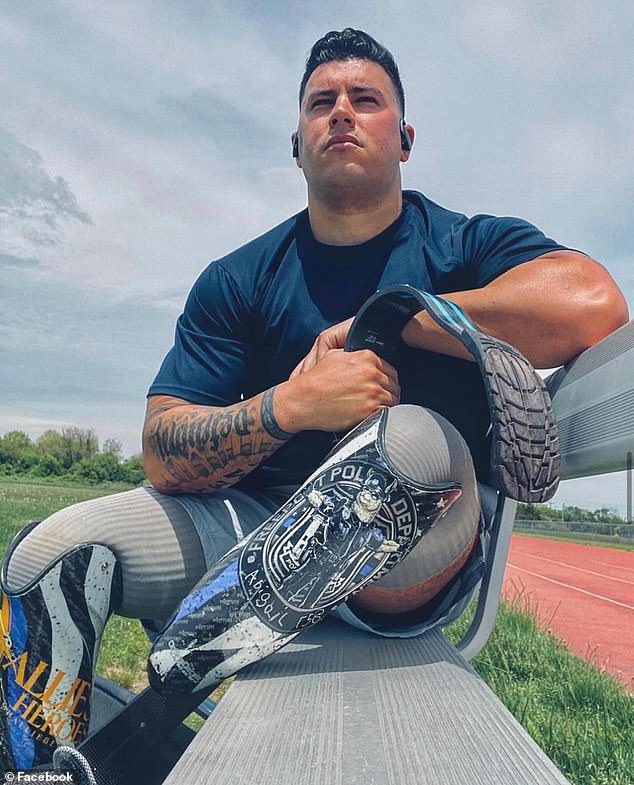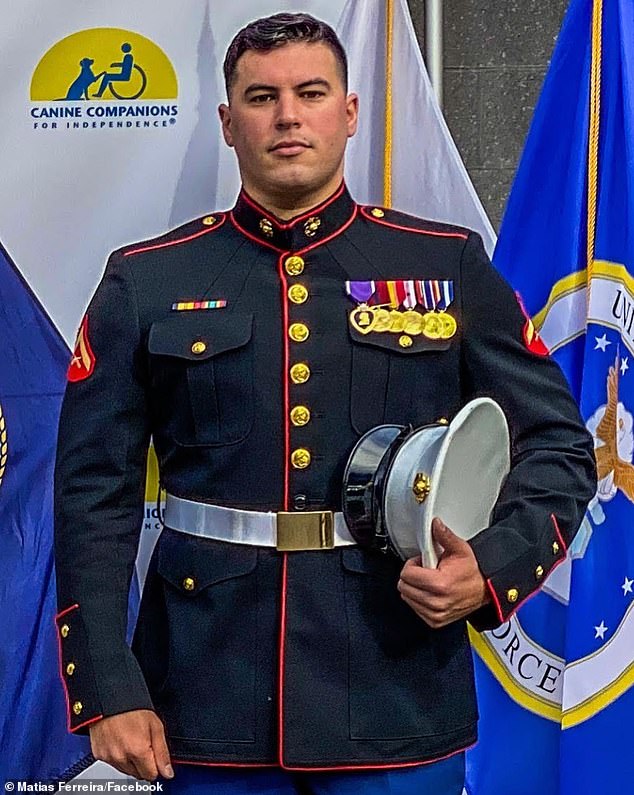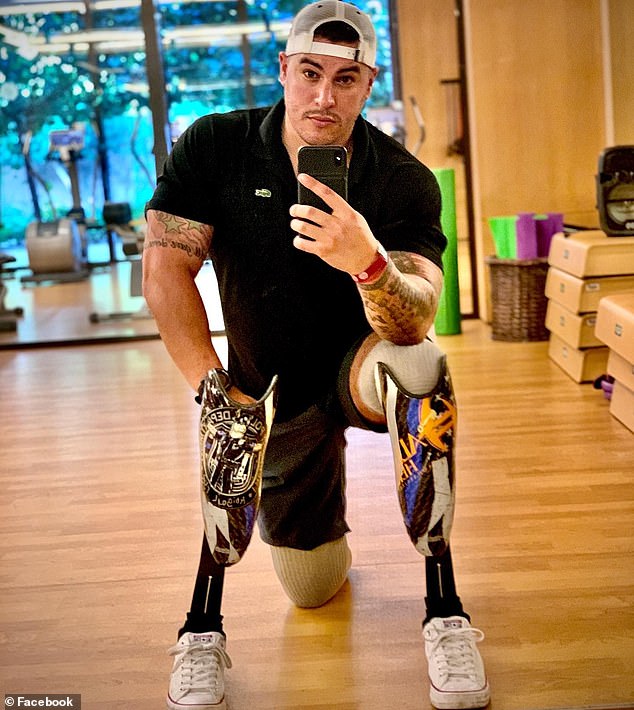Delta Air Lines Faces Lawsuit Over Alleged Humiliation of Marine Veteran and Police Officer
Delta Air Lines has faced a significant backlash after a Marine veteran and police officer with prosthetic legs was allegedly forced to move from an exit row seat, leading to a public apology from the airline. The incident has sparked a broader conversation about accessibility and discrimination in air travel.
Matias Ferreira, a 36-year-old Marine veteran and police officer from Long Island, filed a lawsuit against Delta following the incident that occurred on a flight departing from New York’s John F. Kennedy International Airport in May. Ferreira lost both his legs in 2011 while deployed in Afghanistan when he stepped on an improvised explosive device (IED). Despite this life-changing injury, he went on to join the Suffolk County Police Department and served for a decade.
According to Ferreira’s lawsuit, he had previously sat in an exit row and had informed Delta staff about his job credentials. However, he claims he was instructed to move due to his prosthetics. The airline issued a statement apologizing to Ferreira and stating that it had taken “corrective actions.”
“Delta immediately looked into this situation, apologized to the customer, issued a refund and compensation, and took appropriate corrective actions internally,” a Delta spokesperson said. The airline also emphasized its long-standing commitment to accessible travel and stated it would respond to the litigation in due course.


Ferreira addressed the apology in a Facebook post, where he described the letter as “generic” and “not signed.” He highlighted that the airline clarified that passengers using prosthetics are not prohibited from sitting in an exit row. Ferreira explained that he filed the lawsuit to raise awareness about prosthetics and to demonstrate that “every person who wants to sit and can sit in that seat and make a difference.”
He expressed understanding that the decision stemmed from a lack of awareness about prosthetics and engineering over the years. “Many people who haven’t kept up with the times still believe we can’t compete, live, or do things like someone with both arms and legs,” he wrote.
Ferreira also spoke about his personal motivation: “I’m here to spread love and positivity in our community. I believe in every child who was told they couldn’t do something and now competes at the highest levels. I’m doing this for veterans who struggle with public speaking because of anxiety, depression, and fear of not being accepted.”
Ferreira’s attorney, Norman Steiner, stated that his firm is representing the veteran pro bono to send a message. “The purpose of this lawsuit is to prevent similar occurrences from happening again,” Steiner said.
Passengers seated in the exit row are typically asked if they are capable of helping others during an emergency. Delta’s policy states that passengers may not sit in an exit seat if they “lack sufficient mobility, strength, or dexterity in both arms and hands, and both legs to reach the emergency exit, operate the exit and exit expeditiously.”
Ferreira agreed to the responsibility when asked by Delta’s flight attendants but was still told to move seats. “I felt like I was viewed as a liability, not as a United States Marine, not as a police officer, not as a father of two, not as a person who golfs and skydives and shoots and does all sorts of stuff,” he told the New York Post.
Ferreira added that the ordeal was humiliating and made him feel like he was “stripped away” of all his accomplishments as a double amputee.
Steiner called the incident a “devastating blow” to Ferreira and argued that Delta’s actions were “spiritual amputation.” “They don’t have a prosthetic that can give you back your sense of self and your sense of purpose,” the attorney said.
Ferreira noted that on his return flight, he noticed a safety pamphlet in the front of his seat that included a drawing of a man with a prosthetic leg helping during an emergency. His lawyer said the intention is to raise awareness of the alleged discriminatory practices against amputees.
Steiner emphasized that “all Mr. Ferreira (and the firm) wants is better training to the crews to ensure this unfortunate occurrence does not occur again.”


